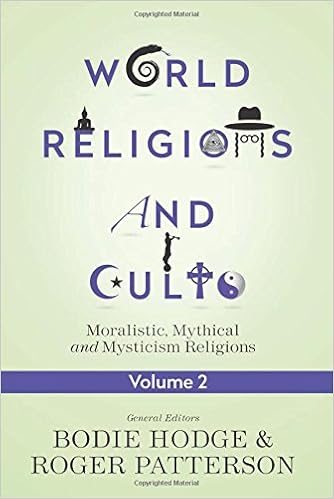Rationalism
Definition
Rationalism describes any philosophy that claims that beliefs and opinions should always be logical, deductive conclusions rather than being based on experience, observations, religious teachings, or divine revelation.
Keywords: Rationalism, Philosophy, Logical, Reasoning, Deductive, Experience, Observations, Religious, Revelation, Contradictory.
Veracity
Rationalistic claims are false .
Proof
All self-refuting or contradictory claims are deductively false.
Premise 1: Only deductive conclusions should be believed.
Premise 2: Premise 1, being the foundation or starting point of the philosophy, is not itself a deductive conclusion.
Conclusion: Therefore, premise 1, also known as "rationalism", should not be believed.
Rationalistic claims, when adhered to, require the rejection of rationalistic claims. To accept them is to reject them, making rationalism inherently contradictory and deductively false.

Gilbert Guttlebocker, Defender of Dragons
Riveting, yet absurd; romantic, yet innocent; Gilbert Guttlebocker, Defender of Dragons is a little Roald Dahl, a little Harry Potter, and a little Chronicles of Narnia, all rolled into one. Timothy McCabe collaborates with the great Benedict Ballyhoot to bring you the novel of the century!

In Printed Form
Along with numerous other authors including Don Landis, Bodie Hodge and Roger Patterson, Timothy McCabe contributes analyses of various world religions and cults in this volume from Master Books.
Other Writings
"What's an easy way to show that Mormonism is false?"
An extraordinarily important, core aspect of the Mormon faith is the concept of "free agency." Jesus Christ exercised free agency, Satan exercised it, and we also exercise it. Their "free agency" seems to be identical to what others refer to as "libertarian free will." Unlike many other Christian groups, Mormons correctly realize that their concept of "free agency" cannot be correct if we, and everything around us, were actually entirely created by God.
Continue reading...
"Jesus explicitly says "Many will say to ME (Jesus) LORD LORD, on that day... and I will say to them Depart from here ye that work iniquity" Full context Matthew 7:21-23. What is the Christian's response?"
I'm sorry, but response to what, exactly? I'm really not sure what you are looking for in your question. Here is the full verse and a little more context: Matthew 7:21-27 (NASB) "Not everyone who says to Me, 'Lord, Lord,' will enter the kingdom of heaven, but he who does the will of My Father who is in heaven will enter.
Continue reading...
"By what criteria do you attribute veracity to your faith's sacred text(s,) and thus the basis of that faith? Is that criteria objective?"
Christians accept the Bible as authoritative and true for a variety of reasons. INDIVIDUAL, PERSONAL CONVICTION As Jesus states, "My sheep hear My voice, and I know them, and they follow Me" (John 10:27). When God brings us to Christ, we recognize our Master's message, both spoken and written. God Himself causes this to be the case. If He has chosen you to receive His mercy, you will also recognize His message.
Continue reading...